
Online shopping is no longer exclusively for city dwellers, as residents of smaller locales are now spending more money buying goods on the Internet.
People living in counties and townships each spent an average of 5,628 yuan (910.7 U.S. dollars) online in 2012, almost 1,000 yuan more than their urban counterparts, according to a report released Monday by Taobao, China's leading online shopping website.
The report showed that township residents placed an average of 54 orders each on Taobao in 2012, far more than the 39 orders placed by e-shoppers living in China's first- and second-tier cities.
Major international brands like Estee Lauder have sold well in counties and townships. Shoppers in those locations spent an average of 765 yuan apiece on Estee Lauder cosmetics, slightly more than the 652 yuan spent by first- and second-tier city residents.
Over 30 million county residents spent a combined total of 179 million yuan on Taobao, according to figures posted online by the company.
Although residents' incomes tend to be lower in small towns and counties, their online spending habits are similar to those of urban residents, according to a report released in March by McKinsey Global Institute.
The McKinsey report said that for every 100 yuan spent online, 57 yuan is spent by people in third- and fourth-tier cities, greater than the national average of 39 yuan.
The county-level city of Yiwu, ranked by Forbes as the richest county in China, topped the Taobao ranking, with online spending totaling 3.4 billion yuan.
Residents in Qingliu County in southeast China's Fujian Province spent a staggering 20,151 yuan, or 72.55 percent of their combined income, on online shopping. In first-tier cities such as Beijing, Shanghai, Guangzhou and Shenzhen, the ratio has yet to exceed 27 percent.
The report also showed that 22 percent of Taobao customers in small towns used its mobile application to shop online. But the percentage declined to 17 percent in first- and second-tier cities.

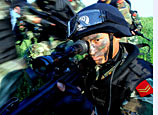
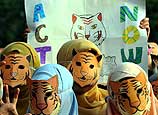

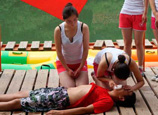
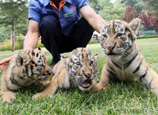
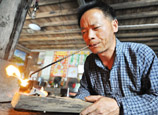
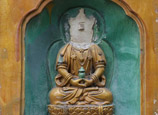
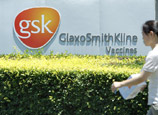
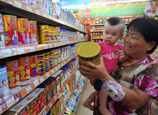






 Beijing, Shanghai not listed in top 10 happiest cities in China 2013
Beijing, Shanghai not listed in top 10 happiest cities in China 2013


![]()
